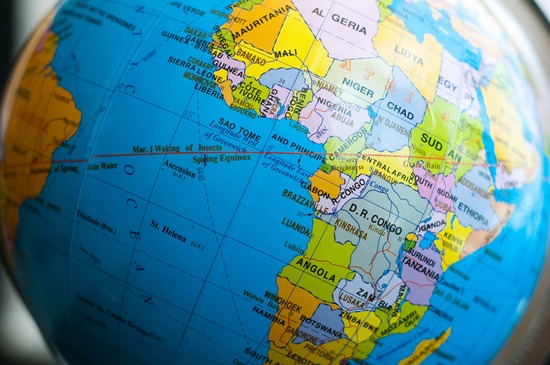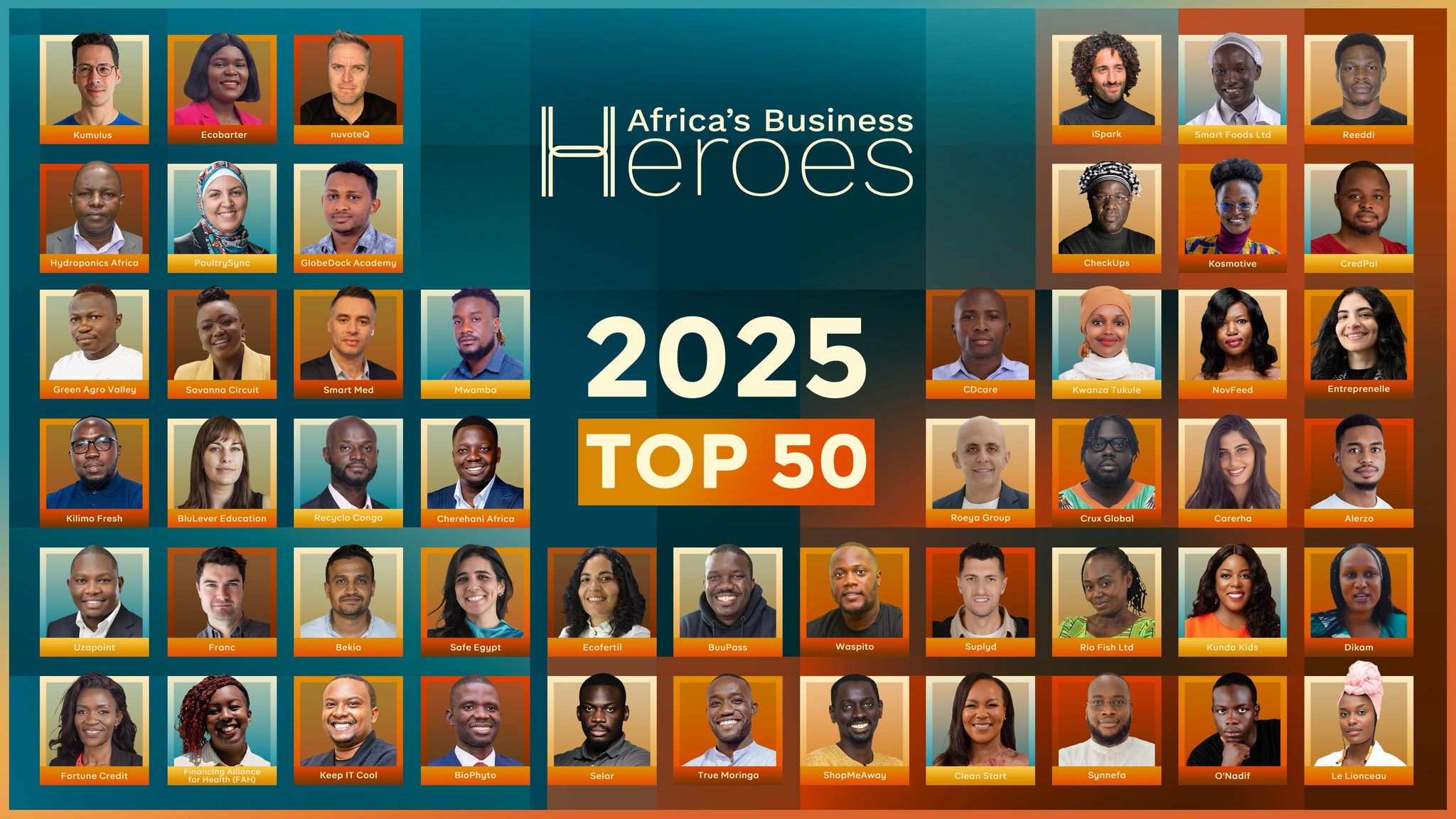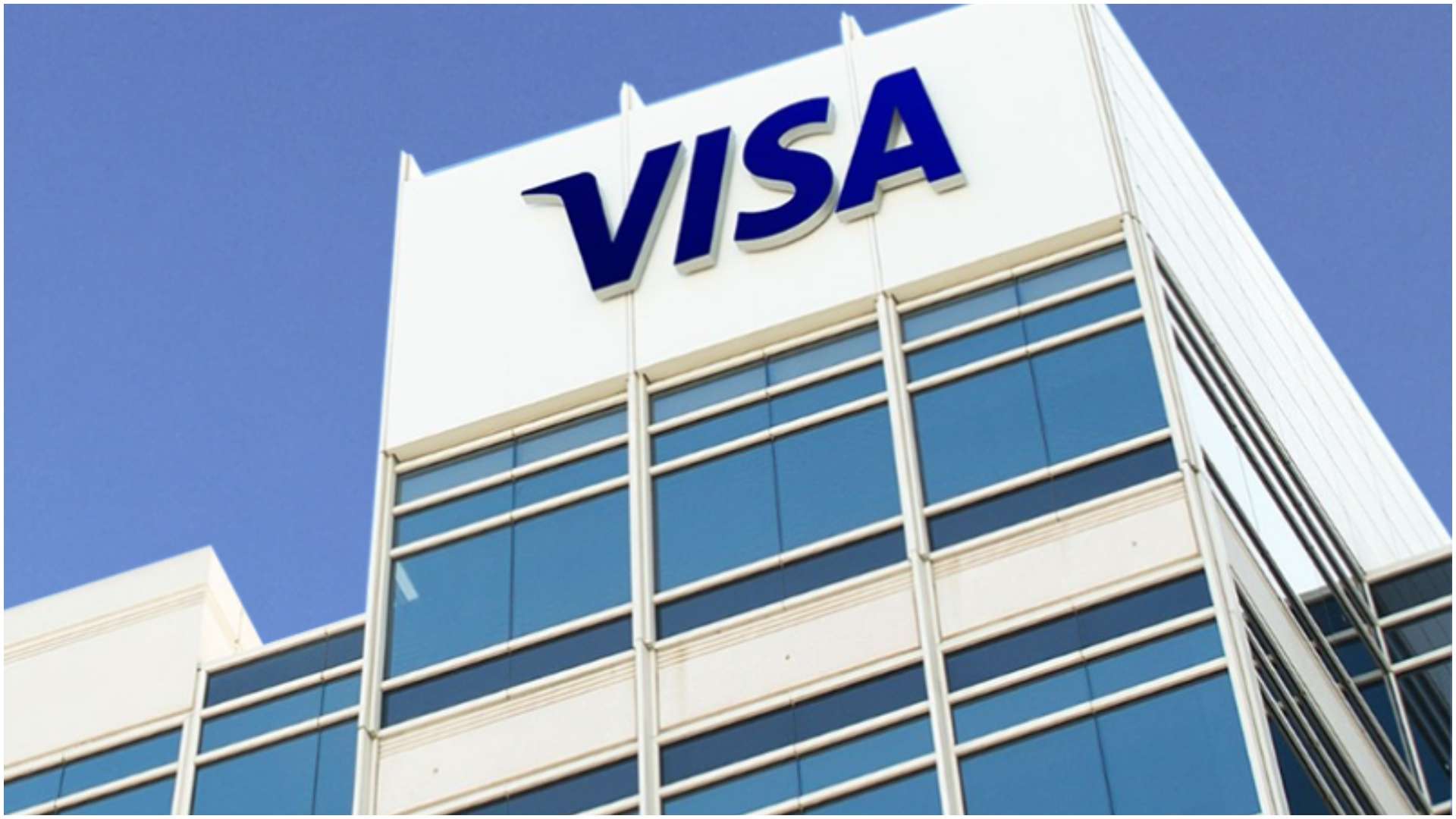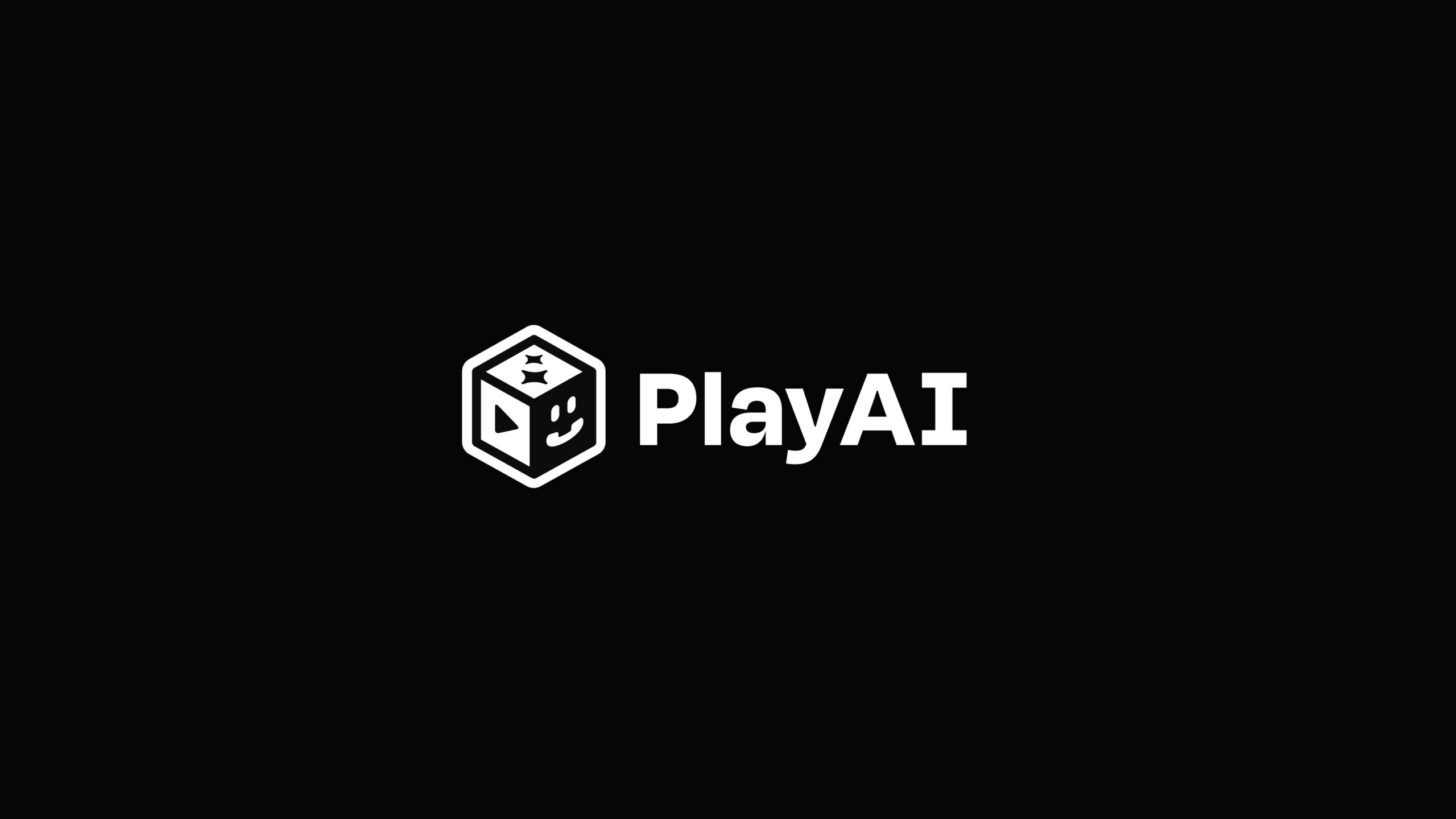Category: Key developments
-

Visa Selects 22 African Fintechs for its Fourth Africa Fintech Accelerator Cohort
Visa, a global payments powerhouse, has selected 22 fintech startups to join the fourth edition of its Africa Fintech Accelerator.
-

IMF: Sub-Saharan Africa’s Economy to Grow by 4.0% in 2025, Adding $3.6 Billion in Output
The International Monetary Fund (IMF) has released its July 2025 update on the global economy. For Africa, the outlook is cautiously optimistic.
-

Botswana Partners with Zotus to Develop Dubai-Inspired $20 Billion Smart City in Kalahari Desert
Botswana has launched one of the most ambitious infrastructure projects in its history — a $20 billion smart city in the Kalahari Desert, known as Kalahari City.
-

Nigeria’s MAX Leads Green Revolution with First-Ever Solar Battery Swap Station in West Africa
Nigerian electric mobility startup MAX has introduced its first solar-powered battery swap station, aiming to offer a clean and reliable energy solution for transport operators across West Africa.
-

Africa’s Business Heroes Unveils Top 50 Finalists for 2025 Prize
Africa’s Business Heroes (ABH), a program under Alibaba Philanthropy, has named the 50 finalists for its 2025 edition, drawing from a record number of applicants across the continent.
-

Visa Opens First African Data Centre in Johannesburg to Strengthen Fintech Infrastructure
Visa has launched its first data centre in Africa, selecting Johannesburg, South Africa, as the location.
-

Meta Acquires Egyptian Voice AI Start-Up PlayAI
PlayAI, a voice technology company founded by Egyptians Mahmoud Felfel and Hammad Syed, has been acquired by Meta, according to an announcement by global venture capital firm 500 Global.
-

Ethiopia Introduces First Local Credit Card to Modernize Its Financial System
Ethiopia has launched its first locally issued credit card, marking a key step toward digital transformation in its financial services.
-

Kenya and Tanzania Launch Cross-Border Fiber Network to Boost Regional Connectivity
Kenya and Tanzania have jointly launched a new terrestrial fiber optic link between Dar es Salaam and Mombasa, a project aimed at improving digital communication and internet access across East Africa.